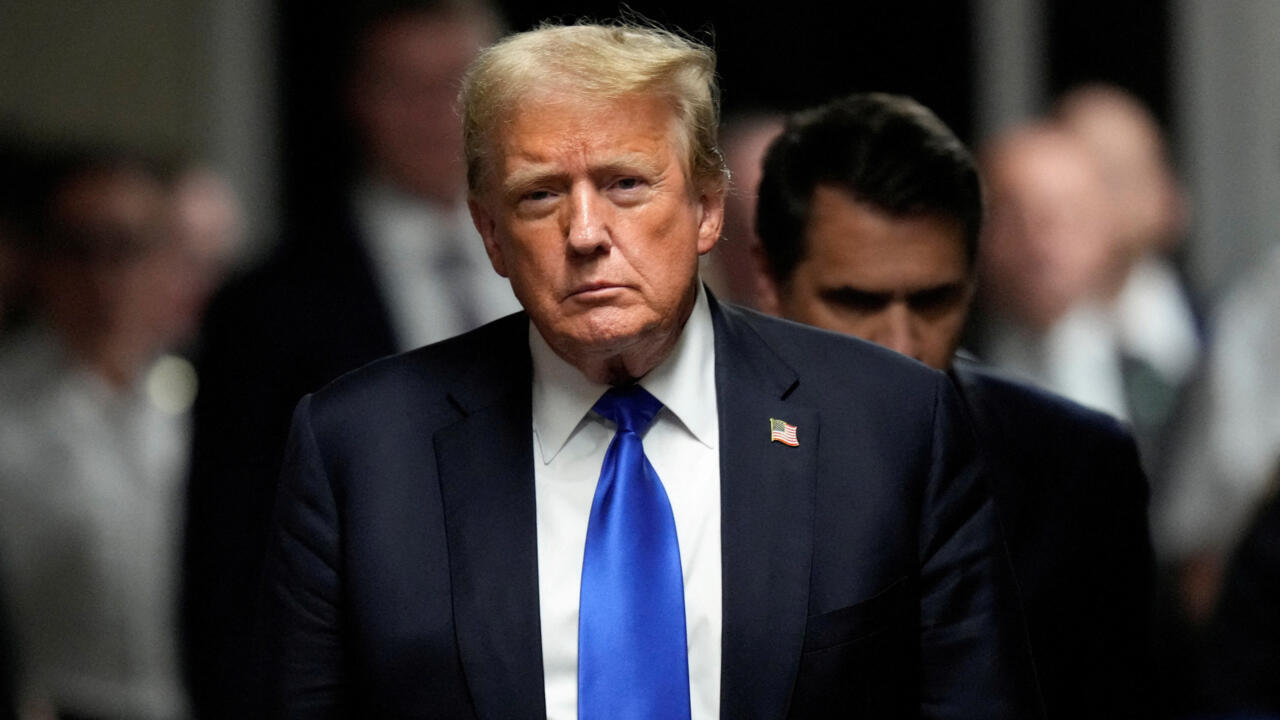
Mclub World – Donald Trump and congressional leaders entered tense negotiations that ultimately failed, resulting in a federal government shutdown that has shaken the political landscape. The standoff centered on disagreements over budget priorities and policy demands that neither side was willing to compromise on. As midnight approached, federal agencies began to halt operations, and thousands of workers faced uncertainty about their jobs and pay. The shutdown immediately impacted essential services, creating frustration among citizens and government employees. This political impasse exposed deep divisions in Washington, where party loyalty and power struggles overshadowed cooperative governance. Economists have warned that extended shutdowns can hurt national productivity and public confidence, making swift resolution crucial for stability.
“Read More: The Future Is Artificial intelligence: Top 10 Facts Driving Global Transformation”
Donald Trump now faces intense pressure from both allies and opponents as the consequences of the shutdown spread across the country. Supporters believe his firm stance could yield policy victories, but critics argue that his strategy risks damaging public trust and weakening the economy. Lawmakers from both parties are demanding urgent discussions to end the crisis. Federal employees have started voicing concerns about their livelihoods, while many families depend on government programs that are temporarily suspended. The situation places Trump in a difficult position as he balances political image with practical outcomes. Observers note that his negotiating style has created both loyalty and resistance, leading to unpredictable developments in the days ahead.
Congress remains deeply divided, making it difficult to reach a consensus that would reopen the government. Party leaders blame each other for the failure to pass a funding agreement. Some lawmakers argue that the deadlock reflects broader ideological differences that extend beyond budget discussions. Public frustration grows as citizens witness political infighting while essential services stall. Analysts suggest that political polarization has made compromise increasingly rare, prolonging crises like this shutdown. Both chambers are preparing for additional debates, but without meaningful cooperation, progress remains uncertain. The situation demonstrates how legislative gridlock can disrupt everyday life and weaken confidence in democratic institutions.
“Read About: Monopoly Returns to McDonald Bringing Nostalgia and Innovation Together”
Economists warn that the longer the shutdown continues, the greater the financial damage to the nation. Government workers face delayed paychecks, contractors lose business, and public services slow down significantly. Local economies that depend on federal activity are already reporting losses. Stock market reactions remain cautious as investors analyze potential long term effects. Business groups are urging quick resolution to prevent further disruptions. The shutdown highlights how political disputes can affect the real economy, not just government operations. Citizens also feel the impact as national parks close, immigration processing slows, and public programs pause. These ripple effects build pressure on leaders to act decisively.
Negotiators from the White House and Congress are expected to resume discussions soon in an attempt to break the deadlock. Public patience is wearing thin as daily inconveniences increase. Both sides face growing political costs the longer the shutdown lasts. Mediators are encouraging compromise to avoid prolonged damage to institutions and communities. The situation has become a key test of leadership for all parties involved. Observers are closely watching whether upcoming talks will produce meaningful progress or simply repeat previous stalemates. Political analysts believe that how leaders handle this crisis could shape future elections and public trust in governance.
This website uses cookies.